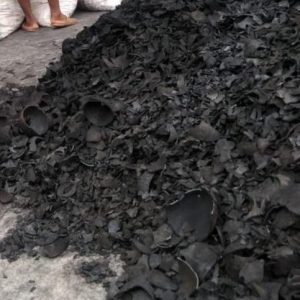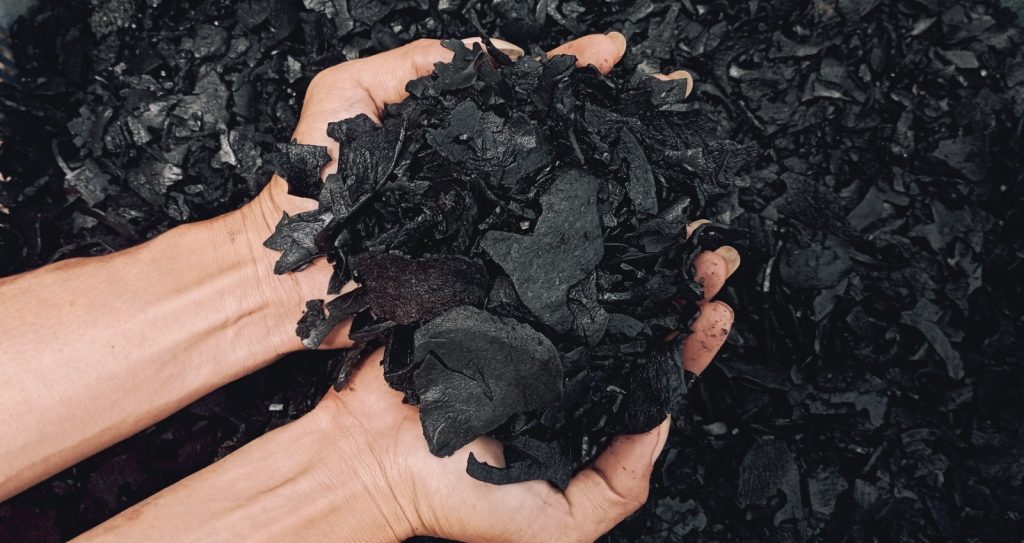Coconut shell charcoal, a natural derivative of coconut processing, has emerged as a sustainable alternative to traditional charcoal in recent years. This eco-friendly marvel is not only a byproduct of another industry but also a versatile, clean-burning fuel source with various applications. In this article, we delve into the characteristics, production process, and the myriad of uses that make coconut shell charcoal a beacon of sustainability.


Characteristics of Coconut Shell Charcoal:
- High Carbon Content: Coconut shell charcoal is renowned for its high carbon content, making it an excellent source of energy. This characteristic contributes to its ability to generate intense heat and a long-lasting burn.
- Low Ash Content: Unlike traditional wood charcoal, coconut shell charcoal produces minimal ash during combustion. This low ash content not only reduces the mess associated with cleanup but also enhances its desirability as a fuel source.
- Low Smoke Emission: The combustion of coconut shell charcoal is known for producing significantly less smoke compared to traditional charcoal. This feature not only improves the cooking experience but also contributes to reduced air pollution.
- Natural Aroma and Flavor: When used for grilling or cooking, coconut shell charcoal imparts a distinct and pleasant aroma to the food. This natural flavor enhancement has made it a favorite among chefs and barbecue enthusiasts.


Production Process:
- Collection and Harvesting: Coconut shells are collected from coconut processing units, providing a valuable use for what would otherwise be considered waste.
- Carbonization: The collected coconut shells undergo a process known as carbonization, during which they are heated in the absence of air. This process removes volatile components and water, leaving behind carbon-rich charcoal.
- Sorting and Sizing: The carbonized coconut shells are sorted and crushed into a fine powder. This powder is then sized to achieve the desired consistency for various applications.
- Briquette Formation (Optional): The coconut shell charcoal powder can be compressed into briquettes using natural binders. This step enhances the convenience of handling and transporting the charcoal.
- Packaging: The final product is carefully packaged, ready to be distributed and utilized in various industries.
Diverse Applications:
- Cooking and Grilling: Coconut shell charcoal is a preferred choice for outdoor grilling and cooking. Its high heat output, low smoke emission, and natural flavor infusion make it popular among chefs and home cooks alike.
- Industrial Processes: The high carbon content of coconut shell charcoal makes it suitable for industrial applications, including metallurgy and manufacturing processes.
- Activated Carbon Production: Coconut shell charcoal is a key raw material in the production of activated carbon, widely used in water purification, air filtration, and various environmental applications.
- Art and Craft: Fine coconut shell charcoal powder is utilized in art and craft projects, creating unique textures and shades in drawings and paintings.
Conclusion:
As the world increasingly seeks sustainable alternatives, coconut shell charcoal stands out as a shining example of turning waste into a valuable resource. Its eco-friendly characteristics, from low ash content to reduced smoke emissions, make it an attractive choice for various applications. Embracing coconut shell charcoal not only promotes environmental responsibility but also showcases the ingenious ways in which natural byproducts can contribute to a more sustainable future.
![]()
![]()
![]()
![]()
![]()
![]()
![]()
![]()
![]()
![]()
![]()
![]()
![]()
![]()
![]()

